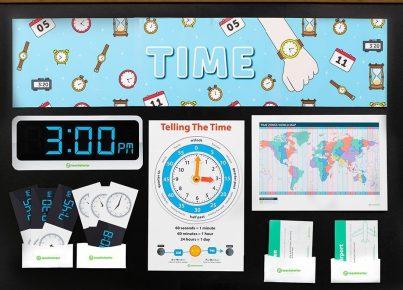Drama games are a fantastic way for children to explore their creativity, build confidence, and develop communication skills. For kids in years 4-7, these games can be both educational and immensely enjoyable. Let’s delve into some engaging drama games ideal for this age group.
1. Freeze Frame
In this game, the leader calls out a scene or scenario, and the kids quickly come together to create a still image that captures the essence of that scene. Once the leader yells ‘freeze’, everyone holds theirposition. This activity is excellent for developing quick thinking and teamwork.
2. Story Building
Story building is a sequential game where each participant contributes one sentence to construct a story. This helps with understanding narrative structure and stimulates imagination as children think on their feet to continue the tale in surprising ways.
3. Emotion Charades
Kids will learn to express different emotions through facial expressions and body language. Participants pick an emotion out of a hat and act it out without using words while others guess what it is. Emotion Charades expand emotional intelligence and empathy.
4. Mirror Mirror
In pairs, one child leads by moving slowly while the other mirrors their movements exactly. This gamefocuses on observation skills, attention to detail, and nonverbal communication.
5. What Are You Doing?
One child performs an action, and another approaches asking, “What are you doing?”. The first child must respond with something different from what they are actually doing, prompting the second child to start acting out that new action instead. This continues with more kids joining in. It’s perfect for thinking creatively and wacky humor.
6. Sound Ball
Using imaginary balls of various sizes, kids throw these to each other using sounds instead of words. The receiving child catches with an appropriate sound response depending upon the ‘size’ of the ball thrown. The game sharpens listening skills and coordination.
7. Prop Box Stories
A box filled with random props is used to inspire impromptu skits or monologues, with each child selecting an item as the basis for their story segment or character choice. This encourages inventiveness and spontaneity.
8. Tableau Vivant
Children work in small groups to create a living scene which then freezes into a tableau that represents a particular moment in time—like historical events or scenes from books they’re studying.
9. Magic Carpet Ride
An interactive storytelling game where children sit on a ‘magic carpet’ (a mat or blanket) and go on an imaginary adventure narrated by the teacher or a student, contributing ideas along the journey.
10. Pass the Gesture
This starts with one person making a small gesture with a distinctive sound which is then passed around the circle with each individual amplifying it slightly until it comes back full circle greatly exaggerated.
Drama games not only entertain but also provide valuable life skills like empathy, creativity, collaboration, expression, and public speaking prowess – key attributes that contribute to personal development during years 4-7 when children are highly receptive to learning through play.





